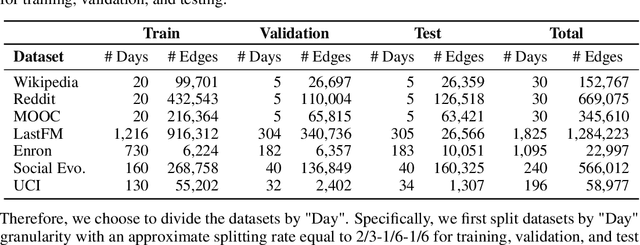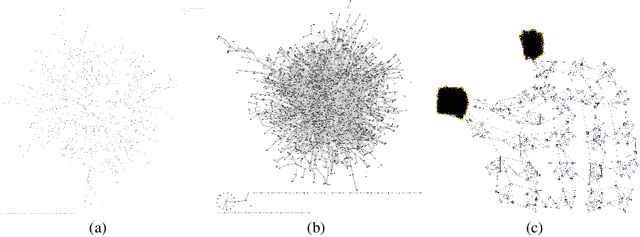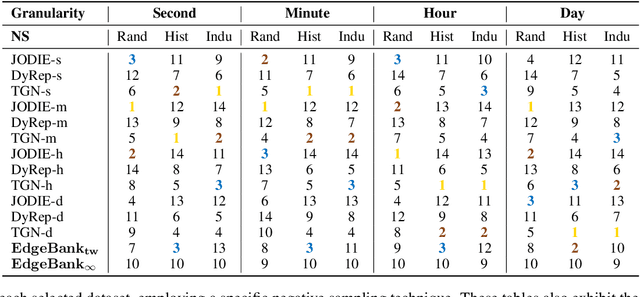Yanyi Pu
Generation of Explanations for Logic Reasoning
Nov 22, 2023Abstract:This thesis delves into a fortiori arguments in deductive reasoning, underscoring their relevance in various domains such as law, philosophy, and artificial intelligence. The research is centred on employing GPT-3.5-turbo to automate the analysis of these arguments, with a focus on understanding intricate reasoning processes, generating clear and coherent explanations, and creating novel arguments. The methodology encompasses a series of tasks including detailed reasoning, interpretation, and the augmentation of a fortiori arguments. It involves meticulously identifying these arguments in diverse contexts, differentiating comparative elements, and categorizing them based on their logical structure. Extensive experiments reveals the challenges encountered by GPT-3.5-turbo in accurately detecting and classifying a fortiori arguments. Nevertheless, the model demonstrates a performance that rivals specialized models, particularly in extracting key components and interpreting underlying properties. The integration of external information into the model's processing significantly elevates the quality of the generated explanations. Additionally, the model exhibits a noteworthy capability in augmenting arguments, thus contributing to the enrichment of the data set. Despite facing certain limitations, this thesis makes significant contributions to the fields of artificial intelligence and logical reasoning. It introduces novel methodologies, establishes a rigorous evaluation framework, and provides deep insights that set the stage for future advancements in automated logical reasoning. The findings and methodologies presented herein not only underscore the potential of AI in complex reasoning tasks but also highlight areas for future research and development.
Exploring Time Granularity on Temporal Graphs for Dynamic Link Prediction in Real-world Networks
Nov 22, 2023



Abstract:Dynamic Graph Neural Networks (DGNNs) have emerged as the predominant approach for processing dynamic graph-structured data. However, the influence of temporal information on model performance and robustness remains insufficiently explored, particularly regarding how models address prediction tasks with different time granularities. In this paper, we explore the impact of time granularity when training DGNNs on dynamic graphs through extensive experiments. We examine graphs derived from various domains and compare three different DGNNs to the baseline model across four varied time granularities. We mainly consider the interplay between time granularities, model architectures, and negative sampling strategies to obtain general conclusions. Our results reveal that a sophisticated memory mechanism and proper time granularity are crucial for a DGNN to deliver competitive and robust performance in the dynamic link prediction task. We also discuss drawbacks in considered models and datasets and propose promising directions for future research on the time granularity of temporal graphs.
 Add to Chrome
Add to Chrome Add to Firefox
Add to Firefox Add to Edge
Add to Edge